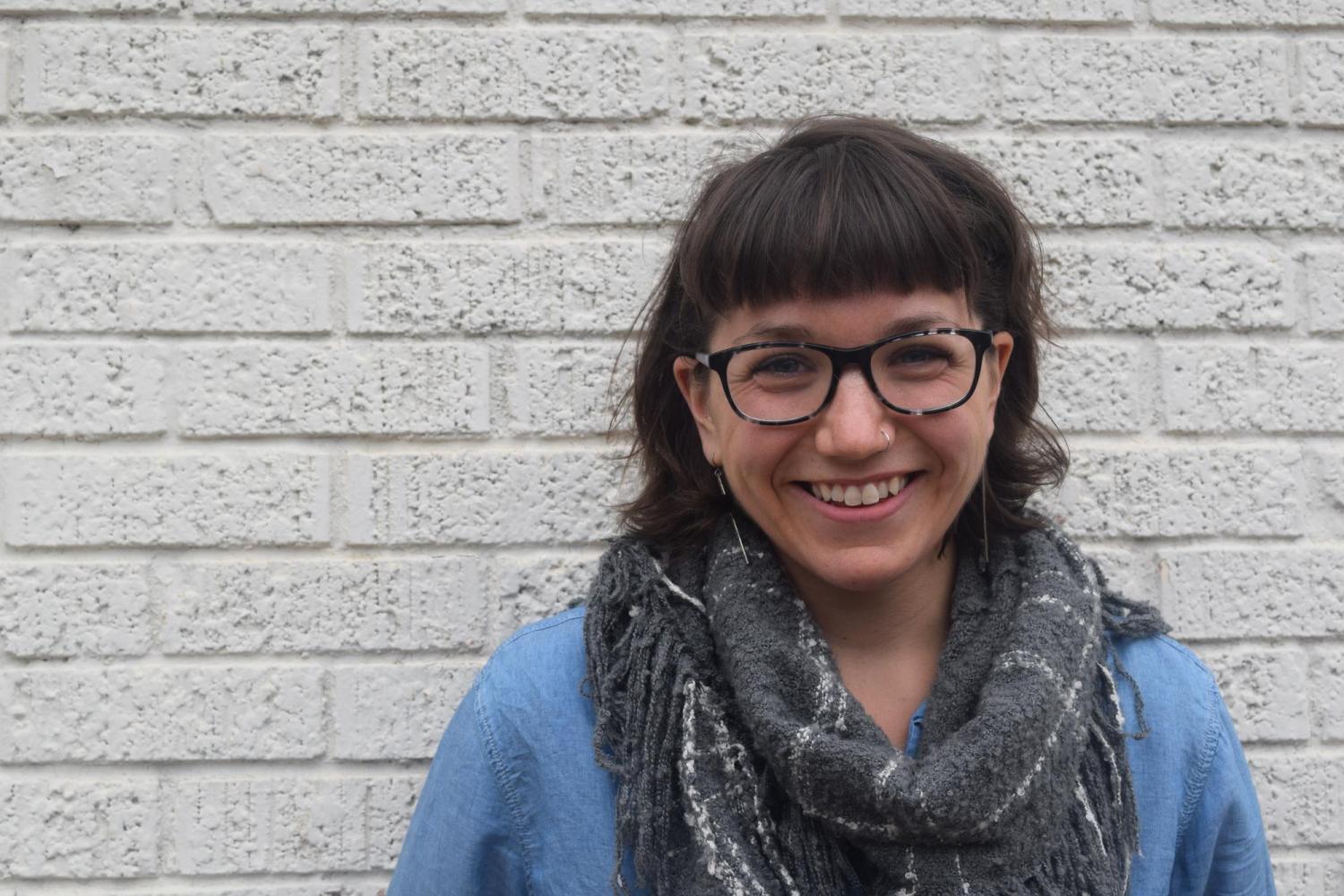Mackenzie Suess
- Engaged Arts and Humanities Scholar 2019-20
- ENGLISH

Mackenzie Suess’ writing and teaching is concerned with geographic place, magic, the body, and our relationships to all three. She explores these intersections through “pop” genres like fantasy and horror, as well as mythology and fairytales, which means her work often involves literal transformations from human into animal, river, ghost, or other non-human beings. For Suess, writing into monsters and magic opens up language for the seemingly “impossible” experience of being human–with all its tangle of joy and grief. She’s currently in the early stages of exploring a cross-disciplinary project at the intersection of storytelling, somatic-engagement, and mental health.
Students in the Engaged Arts and Humanities Graduate Student Scholars program participate in the development of a community-engaged scholarship "partner" project. Below, please read about Suess' project and her approach to this work.
My project is to facilitate a reading and panel event at Four Mile Historic Park in partnership with Lighthouse Writers Workshop. This project aims to recast the story of “the West”—historical and contemporary—beyond the traditional narrative of the white colonial settler. We aim to host a reading and panel discussion with local writers of color whose work is in conversation with notions of the West, migration and home, and who grew up in/around Colorado, or who have otherwise spent a significant portion of their lives in the region. The reading and discussion will be hosted at Four Mile Historic Park in Denver, Colorado, and free and open to the public to attend.
My discipline—creative writing and fiction more specifically—is all about storytelling. What stories do we tell, and who gets to tell them? How do we craft engaging narratives on and off the page? My proposed project is a natural extension of that impulse, just one directed more explicitly toward community and social pressures. More and more of my work is also interested in nonfiction and personal histories, making the emphasis on archive, history, and reshaping the past especially intriguing personally and as a community.
Storytelling is, at its heart, a collaborative endeavor between teller and listener; it requires that fundamental engagement from all sides to occur at all. This project in particular is interested in focusing on long standing social issues around who holds the power to tell certain stories, and who gets included and excluded from those stories. Most of our nationally-recognized narratives in the West focus on the westward expansion of white settlers even up to today in our dialogues around Denver’s gentrification. This project aims to leverage contemporary creative work from writers of color to challenge those traditional narratives and celebrate equally long standing traditions of resistance and celebration from so-called minority groups.
I’m a white woman collaborating with two predominantly white non profits to organize an event centered on writers of color. That’s an awkward place to be in, but it’s also part of why it’s important to me to organize events like this; I’m in a position of privilege, I’m a part of the writing and artist community, and have called the Front Range home for most of my life. I’m invested in leveraging my privilege to create more platforms for writers and community members of color because that’s the kind of Denver I want to live in, as well as the kind of literature I want to see published and celebrated.


